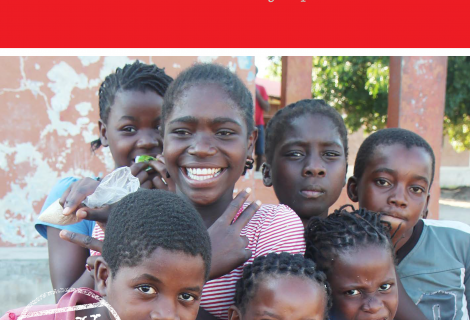
The Promoting Quality Education through Progressive Domestic Resource Mobilisation project is an education and tax justice project funded by NORAD; it involved six different countries: Ethiopia, Malawi, Mozambique, Myanmar, Nepal and Tanzania. The common goal of the project was that children (especially girls) have improved access to public education of a high standard, financed through greater government support and increases in fair tax revenue.
The project duration was from July 2015 to December 2017 and it was implemented at three levels: in selected target schools/communities in Malawi, Mozambique, Tanzania and Nepal and at national level in all six countries although the focus was largely on research rather than advocacy and campaigning in Ethiopia and Myanmar. The research and evidence from the country-level work was intended to continue contributing, after project closure, to the advocacy and campaign work of ActionAid’s international level teams working on education and tax justice. The project commencement was delayed by Norad but not the end-date; this shortening of the project duration put pressure on delivery and meant that the interval between baseline and endline was very compressed.
The baseline survey established the situation close to the outset of the project, focusing particularly on the indicators established in the project Goal Hierarchy (see Annexes). The findings were documented in country baseline reports and then drawn together in a summary consolidated baseline report. The use of a participatory approach for data collection and analysis created community awareness of the situation and ActionAid staff agreed that this facilitated their project activity planning and implementation. The endline survey was an important project component for learning purposes although with only a 15-18 month gap between the baseline and endline data gathering processes, it was recognised that there might be limited progress to measure. This consolidated endline report provides a summary overview and comparison of the findings from the four countries between baseline and endline. It accompanies two other final documents: the light touch evaluation report, (containing additional inputs from external stakeholders, analysis of operational aspects and some condensed case studies) and the final project narrative report which contains more detailed descriptions of project activities, performance and case studies. The individual country endline reports provide more detailed information and are available on request.